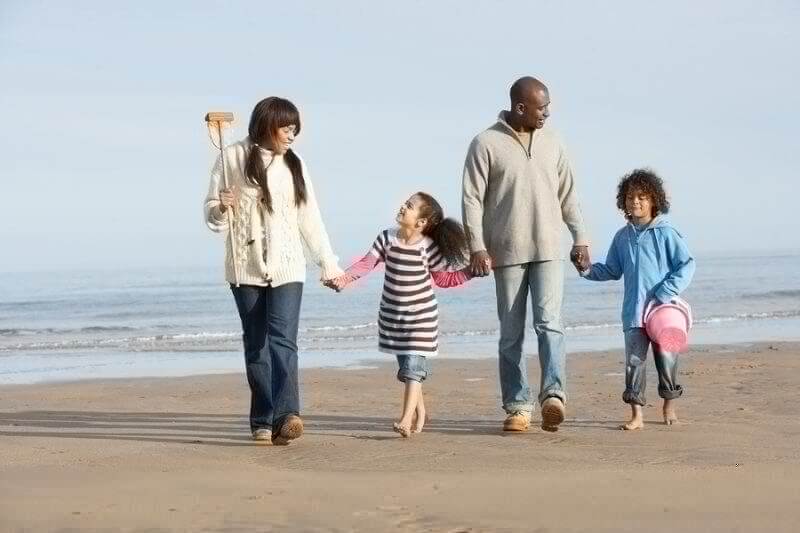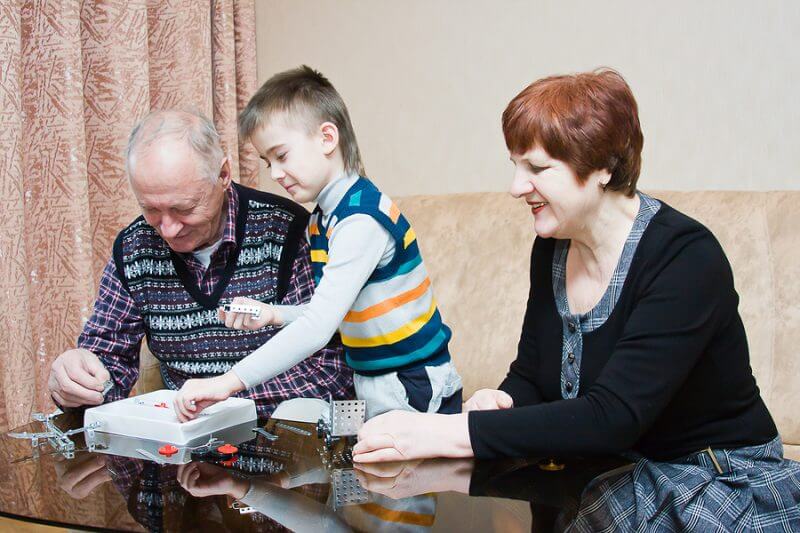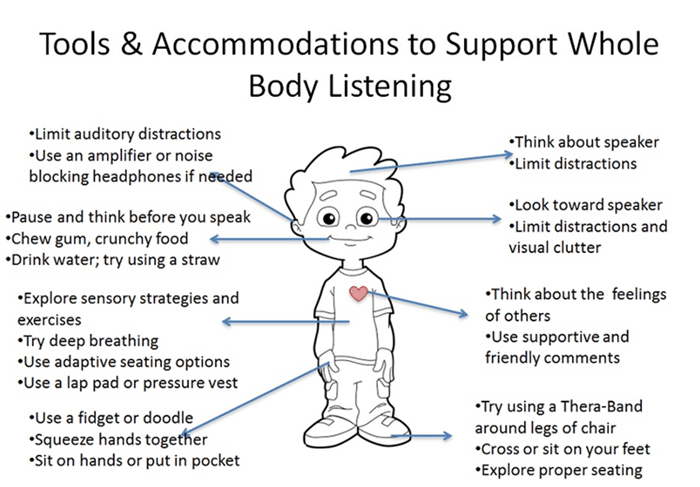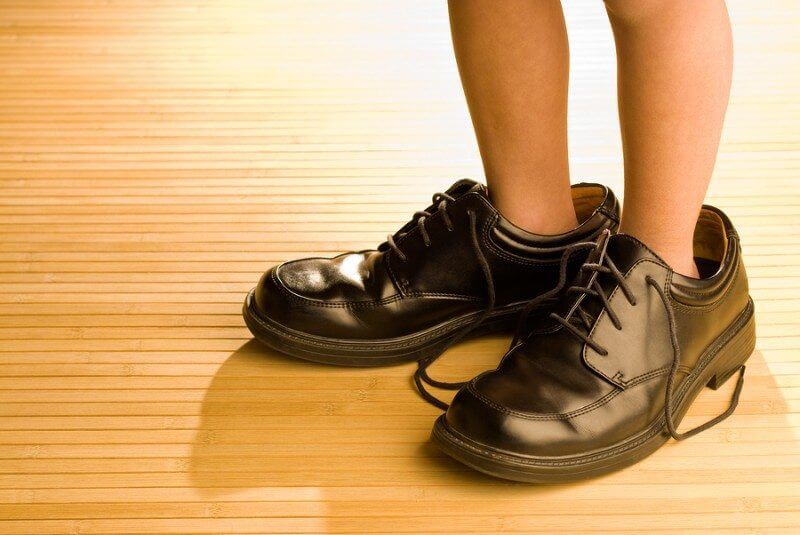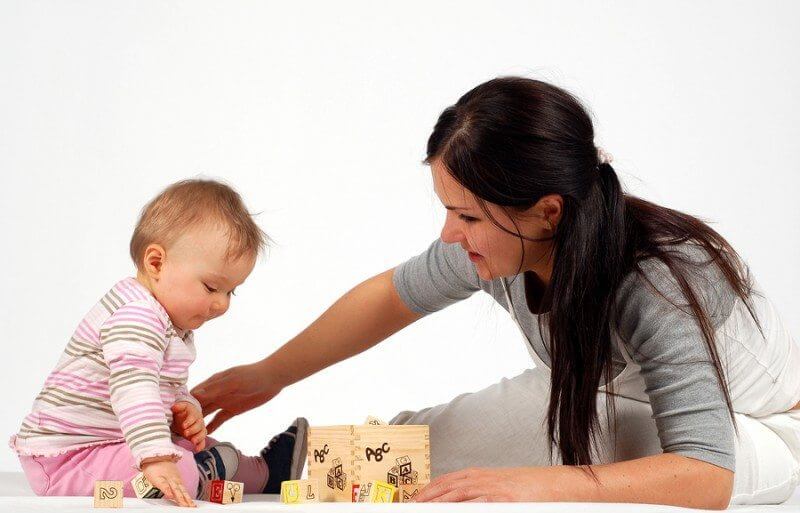Autism On the Road: 10 Tips for a Successful Summer Vacation
We just got back from a week long vacation on Vancouver Island, BC. We drove to Courtenay which took 2 days each way. We haven’t done a car trip of that length for 5 years, and travelling with Marc and Julia has improved considerably over the years. Is it because they are maturing or are we getting better with vacation planning?

